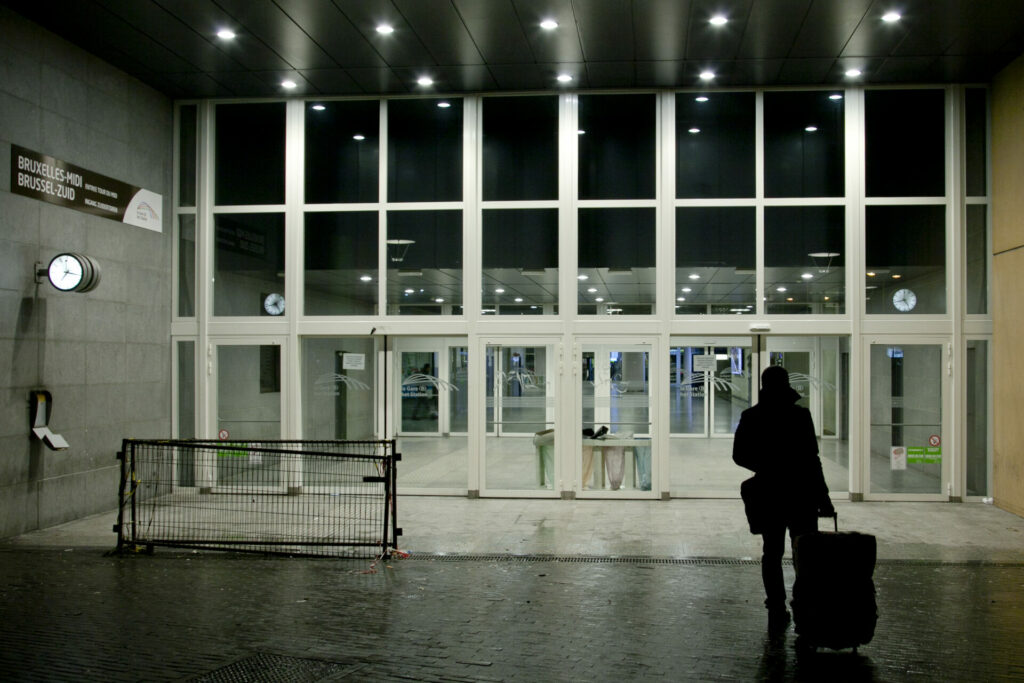National railway operator SNCB is debating whether to remove 20 train stations from its current railway lines, Le Soir reports. The operator is hoping that scrapping a number of underused stations will increase the number of running trains by 20% within the next decade.
Following the SNCB's trend of having sold off around 60 of its stations over the past ten years, the operator now is looking into scrapping its less popular train stops. The decision, taken internally, will see SNCB close 20 stations where fewer than 50 people board a train on weekdays. Moreover, the operator may also remove some of their P trains, which are only added to the schedule during rush hours.
SNCB's board of directors is set to discuss the plans in more detail by the next Friday, with management hoping to attain their target of transporting 30% more passengers by 2032. The Federal Government also wants the share of rail in passenger and goods transport to be doubled by 2040.
With the SNCB's management set to meet next Friday to further discuss the move, Le Soir asked Belgium's Mobility Minister Georges Gilkinet whether he agreed with the proposal.
While remaining vague, he stated that "any proposal to serve a new station or to remove a service from an existing station has to be forwarded to the responsible minister," before being approved by the Federal Government.
Tensions between staff and management
Le Soir reported on Friday that the SNCB's ambitions have also been tamed by external crises such as the Covid-19 pandemic and energy crisis, as well as labour tensions between management and striking employees who were calling for improved working conditions in recent months.
Related News
- National strike: What public transport disruptions to expect today
- 'Train class warfare': First-class criticism dismissed by €35 million annual profit
- Technician accident at SNCB maintenance station causes it to close
This situation led to a stand-still between management and employees seeking a labour agreement, with one having finally been reached on Thursday for the next two years. The agreement attempts to ease the pressure currently put on the SNCB staff by recruiting 4,000 additional employees.
Nonetheless, the agreement has also led SNCB to revise its upcoming business model to reach its objectives for the next decade.

